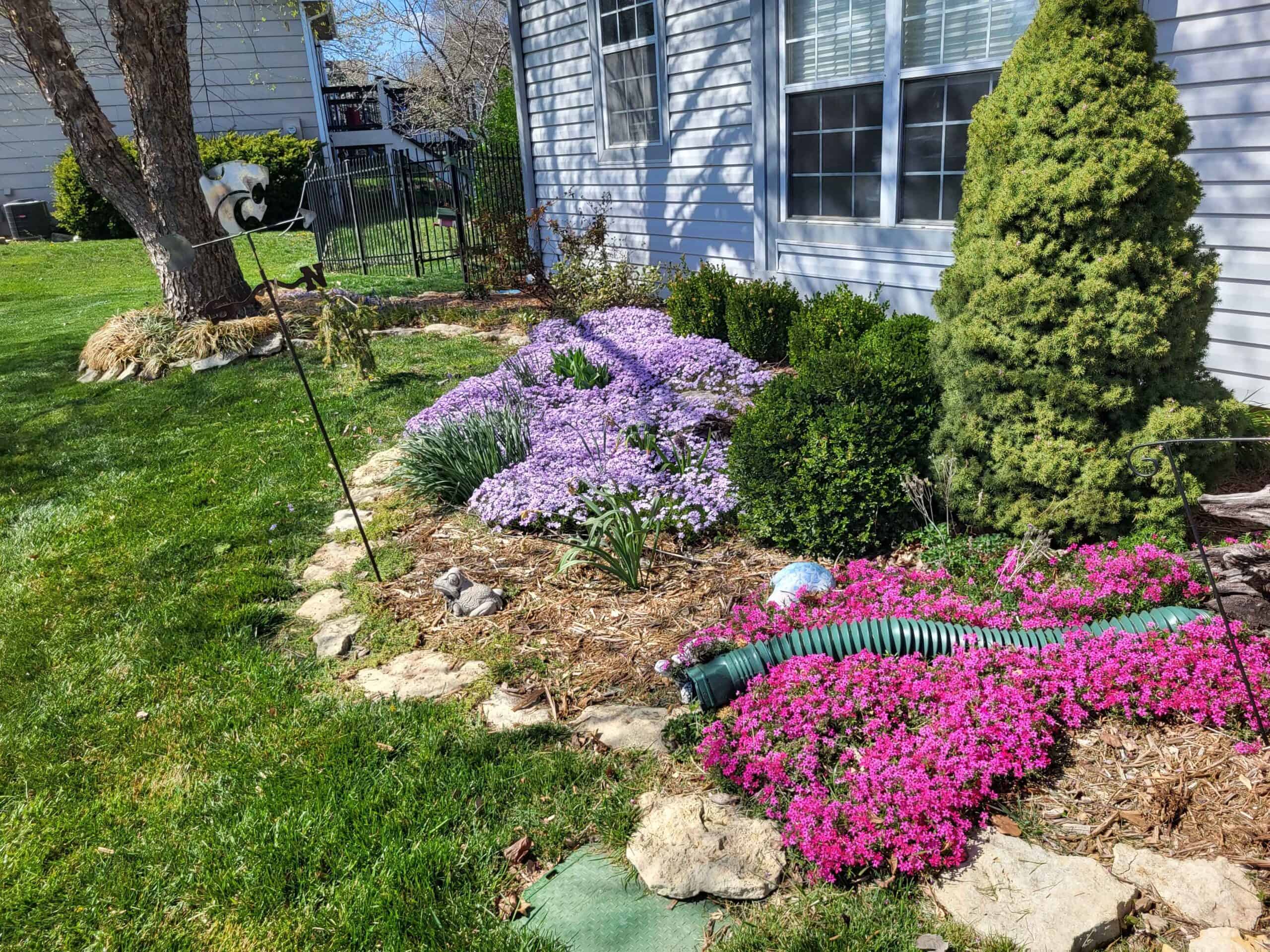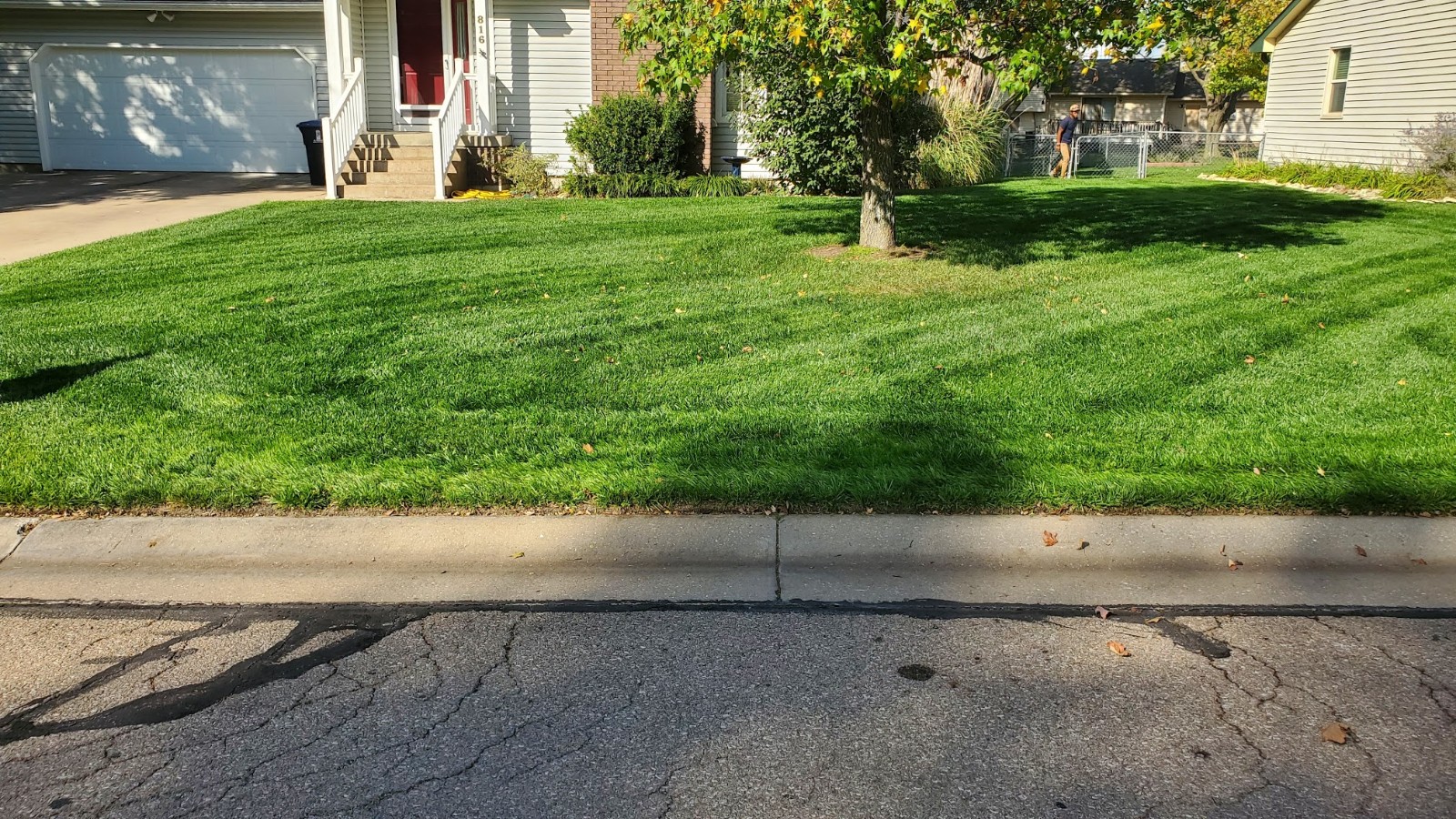Tips for Environmentally Friendly Lawn Maintenance
Maintaining a lush, green lawn doesn't have to come at the expense of the environment. In fact, adopting environmentally friendly lawn maintenance practices can help preserve natural resources and promote a healthier ecosystem in your yard. Not sure how to streamline your routine? Here are some tips for eco-conscious lawn maintenance that will keep your property vibrant while minimizing harm to the environment.
Lawn Maintenance and Plant Selection: Building the Foundation
Did you know that the type of plants on your property can impact the costs and resource use associated with lawn maintenance? For example, exotic plant species can require more water, sunlight, and attention. Meanwhile, native species grow unhindered on your lawn and need much less pruning or help growing. An eco-friendly lawn maintenance routine includes caring for the existing plants while integrating intelligent, innovative elements. You can build an eye-catching outdoor space without fussing with challenging flower beds or tree lines. Ask local landscaping experts for suggestions.
Lawn Size, Mowing, Mulching, and More
Consider reducing the size of your lawn to save resources and reduce your environmental impact. You don't have to move; incorporate more natural landscaping elements such as flower beds, trees, and shrubs. Then, line gardens, buildings, and hardscaping with mulch to enjoy a low-maintenance lawn. Reducing lawn size and adding mulch helps reduce water consumption and eliminates the need for hazardous chemicals that can disrupt wildlife habitats. Smaller yards are also easier to mow, reducing the need for watering and chemical weed control. Discuss the benefits of leaving grass clippings on the lawn after mowing. Instead of bagging, allow them to decompose as natural fertilizers returning nutrients to the soil. These eco-friendly lawn maintenance practices reduce the need for synthetic fertilizers, minimize yard waste, and help homeowners use water wisely.The Role of Pollinators in Eco-Friendly Lawn Maintenance
Encouraging pollinators can help improve your lawn's health without additional lawn maintenance steps or equipment. So, what is a pollinator, and why are they important? Here is what you need to know:
- Pollinators are animals like bees, butterflies, birds, and bats.
- They help transfer pollen from one flower to another as part of plant reproduction.
- Encouraging pollinators helps boost flower production and enhances soil quality.
- Pollinated lawns are less likely to experience erosion or dead spots in the grass.
- Healthy lawns require less irrigation and maintenance.
 (316) 435-3509
(316) 435-3509 office@divine-lawns.com
office@divine-lawns.com